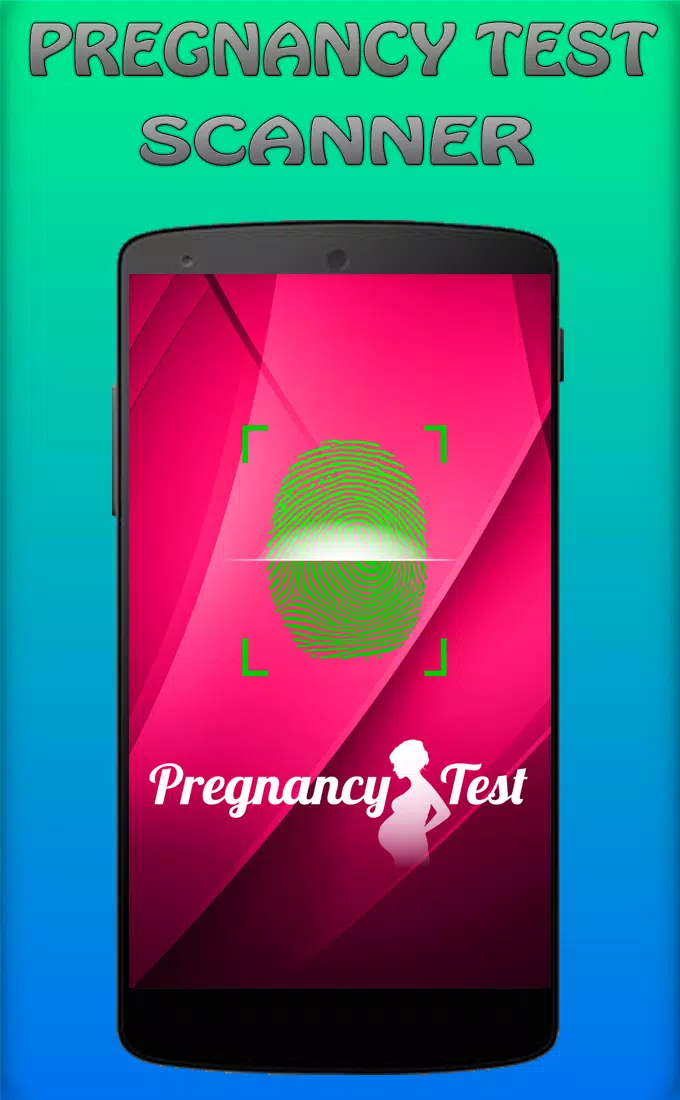Demystifying Online Pregnancy Test Scanners: A Parent’s Guide to Virtual Early Detection
Welcome to the World of Online Pregnancy Testing!
Hey there, amazing soon-to-be parents! Just when you thought the digital age couldn’t get any more exciting, along comes the phenomenon of online pregnancy test scanners. Picture this: You’re wondering if you might be hosting a tiny new guest in your belly, but the idea of running to the store just feels like too much. Enter the online pregnancy test – a modern tool that could provide early clues right from the comfort of your home!
But wait! Let’s pump the brakes for a moment and take a journey together into understanding these fascinating virtual testers. Our guide will happily walk you through the ins, outs, highs, and lows of online pregnancy test scanners because informed decisions are the best decisions—especially when it comes to pregnancy.
What is an Online Pregnancy Test Scanner?
First things first. An online pregnancy test scanner is not a physical device but a software-based tool that aims to mimic the traditional pregnancy test experience. Usually found on pregnancy-related websites, these scanners ask a series of questions about your symptoms, menstrual cycle, and other relevant factors to estimate the likelihood of pregnancy.
Now, before you swoon over the idea of a digital diagnosis, let’s be clear — these tests can’t replace your doctor or the good old pee-on-a-stick test. But they can be a fun first step for those who are curious and looking for a quick, initial assessment.
How Do Online Pregnancy Scanners Work?
So, you might be wondering, “How on earth does an online pregnancy test work?” We’re so glad you asked! Typically, these scanners will pose a variety of questions designed to gauge your likelihood of being pregnant based on common early pregnancy symptoms and timing related to your menstrual cycle.
- Did you miss your period?
- Are you experiencing nausea or morning sickness?
- Do you notice any unusual fatigue or tiredness?
Your answers then feed into an algorithm that calculates the probability of pregnancy. It’s like a virtual crystal ball with a dash of science, but remember, it’s not foolproof or as accurate as medical testing.
The Reliability Quest: Can You Trust an Online Pregnancy Test?
Let’s get down to the nitty-gritty: reliability. We know you’re longing for answers, and we’re here to provide the most reliable information possible. Although online pregnancy test scanners can offer quick insights, they should never be used as a sole source of confirmation. Why is that, you wonder?
For a test to be reliable, it needs to detect the hormone hCG (human chorionic gonadotropin) in your urine or blood. This hormone is the tell-tale sign of pregnancy and forms the basis of both home pregnancy tests and blood tests administered by healthcare providers. Since online tests don’t have access to your biochemistry, they can’t provide a definitive yes or no. Take their results with a grain of salt and follow up with a real test for the accurate answer you’re seeking.
Stay tuned as we explore more about home pregnancy tests and the steps following your online test adventure. Our guide will ensure you’re well-informed and ready to take on the thrilling journey of parenthood with confidence and joy!

“`html
5 Essential Considerations for Parents Regarding Online Pregnancy Test Scanners
Understanding the Basics of Online Pregnancy Scanners
Before you dive into the world of online pregnancy test scanners, it’s vital to get a grasp of what they can and cannot do. These digitally savvy platforms ask you a series of questions about your symptoms and cycle to provide an early guess about your pregnancy status. Remember, these online aids are starters in your journey and cannot definitively detect the hCG hormone like medical pregnancy tests do.
Accuracy Is Not Guaranteed
It’s essential to manage expectations when utilizing an online pregnancy test scanner. They harness the power of algorithms to analyze your inputs; however, they lack the scientific capability to measure the real indicators of pregnancy. Therefore, while they can be insightful, they cannot guarantee the accuracy that a medical or at-home pregnancy test offers.
Privacy and Data Considerations
When using online services, always be cautious about the privacy of your personal information. Pregnancy is a sensitive subject, and you’d want to ensure that the details you’re sharing are secure and handled with care. Research the website’s privacy policies and make sure you’re comfortable with what they entail before proceeding.
The Role of Online Tests in Pregnancy Confirmation
Think of online pregnancy test scanners as the first chapter in a book full of suspense and joy. A positive indication from the scanner is simply an invitation to proceed to the next steps – confirm with an at-home pregnancy test or seek medical advice for a more thorough examination. These online tools serve as conversation starters with your healthcare provider.
Emotional Preparation for Potential Outcomes
Regardless of the method you choose for early pregnancy detection, it’s crucial to prepare yourself emotionally for the results. Online tests might heighten your anticipation or worry, so ensure you have a support system and plan for whatever outcome you face. Keeping stress at bay is essential for your well-being and that of your potential new family member.
“`
Remember, this guide is designed to put your mind at ease as you take the first steps towards determining your pregnancy status. Trust in the science, respect the process, and look forward to the journey that lies ahead. Embrace the possibilities and support each other as you explore the wonders of bringing new life into the world. Enjoy every moment!
See more great Things to Do with Kids in New Zealand here. For more information see here
Disclaimer
The articles available via our website provide general information only and we strongly urge readers to exercise caution and conduct their own thorough research and fact-checking. The information presented should not be taken as absolute truth, and, to the maximum extent permitted by law, we will not be held liable for any inaccuracies or errors in the content. It is essential for individuals to independently verify and validate the information before making any decisions or taking any actions based on the articles.




